If I was teaching a course on the history of motion pictures, what would the class be like? I'm betting it would be lots of fun, with discussions that go back and forth, as well all contribute to the learning environment of the class. In fact, I might even let the kids call me by my first name, just because my last name is too hard to pronounce. If I was up there teaching, however, this is an idea of what the class would look like...

Week One – Introduction, Early Cinema
In the first class, there would be an introduction and overview of the beginning stages of cinema, as well as an emphasis on Thomas Edison, the Lumière brothers, Georges Méliès, Edwin S. Porter, and D.W. Griffith.
Screening: Arrival of a Train at La Ciotat (1896), The Great Train Robbery (1903), and The Birth of a Nation (1915)
Week Two – Silent Cinema
I believe Silent Cinema was a magical time when audiences allowed stories to grab them and take them on a ride! In fact, film lovers had a hard time letting go of silent films after sound was introduced.
Week Three – Soviet Montage
If there's something audiences take for granted, it's the editing of a film. In Russian Cinema, several notable filmmakers revolutionized editing techniques, and their discoveries are both a surprise and an adventure.
Screenings: Battleship Potemkin (1925) and Man with a Movie Camera (1929)
Week Four – The Coming of Sound, German Expressionism
What are the first words that were ever said on the big screen? In this week's class, it's the coming of sound and students will be able to hear these words for themselves. In addition, we will also take a dark look inside the films of German Expressionism.
Screening: The Jazz Singer (1927) and M (1931)
Week Five – Studio Era, The Big 5, The Little 3
What does MGM stand for? Who were the Warner Bros.? In this week's class, we will learn about the studios and their function in this time period.
Screening: Citizen Kane (1941) and Casablanca (1942)

Week Six – Italian neorealism
World War II was a tough time for the entire world, but it also shaped some of the films from this timer period. In fact, come see my favorite film and learn a little bit of the history behind this time period.
Screening: Ladri di biciclette (1948)
Week Seven – Golden Age of Hollywood
In the seventh class, we will take a close look at Hollywood and its function in the films from this time period. It's an exciting time, as we begin exploring Classical Hollywood.
What is Classical Hollywood? In this week's class, we will understand what this city is made of, as we learn about the ins and outs of a town we all love.
Screening: Sunset Blvd. (1950)
Week Eight – Cinemascope, Technicolor
It's a fantastic world of color, as we sing and dance and laugh. It's without a doubt the most fun a film can provide!
Screening: Singin' in the Rain (1952)
Week Nine – Hollywood Ending
It's the end of the studio era, as well as the introduction of television, which posed a threat to the film industry.
Screening: 2001: A Space Odyssey (1968)
Week Ten – French New Wave
It's time to see how the French changed all the rules. It's a complete different approach to what we have seen thus far, and will allow the class to fall in love and witness how cinema was revolutionized.
Screening: Breathless (1960)

Week Eleven – New Hollywood
In New Hollywood, the camera left the studio and was on the road, filmmaking out of the studio and on location. It was an exciting time period, which was our first step in changing cinema.
Screening: Bonnie and Clyde (1967)
Week Twelve – Postmodernism, Blockbusters
Steven Spielberg and George Lucas introduced us to the "blockbuster" and cinema was forever changed. It's an introduction to special effects and high concept films, as well as sequels and franchises.
Week Thirteen – New Technologies, Entertainment Conglomerates
In an ever-changing medium, see how new technologies and media began affecting our films, for better or for worse.
Screening: Annie Hall (1977)
Week Fourteen – Auteur Filmmakers
Ingmar Bergman, Alfred Hitchcock, and Martin Scorsese are all considered auteur filmmakers. In this week's class, we begin understanding this concept, as well as the role of the director.
Screening: Raging Bull (1980)
Week Fifteen – Conclusion, Independent Filmmaking, Digital Cinema
In the last class, we are presented with a look at independent filmmaking, an exciting opportunity for filmmakers to create films on their own, without the need of a studio. In addition, we begin asking questions about where the film industry is going next, as we understand the function of digital cinema and its threat to cinema.
Screening: Pulp Fiction (1994)
If this fits the bill, please register on time because classes fill up! This does not include the required papers and exams, which will be both comprehensive and difficult. Remember, all films screened will be film prints to ensure the best theatrical experience. Oh, and check back soon for details on other classes I plan on teaching!

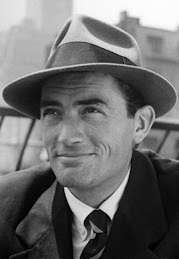

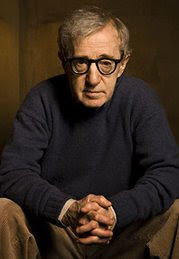

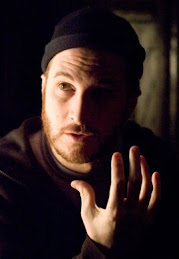

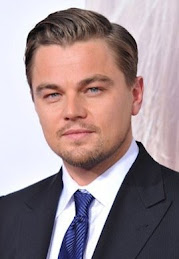

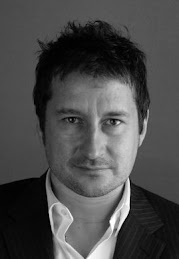
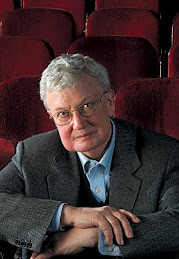
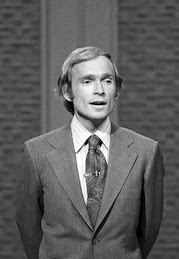


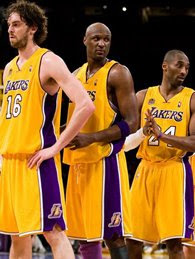

No comments:
Post a Comment